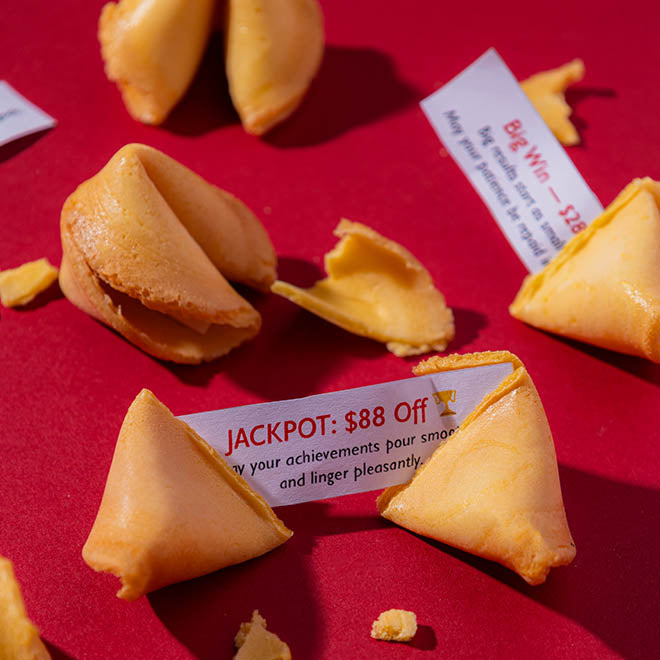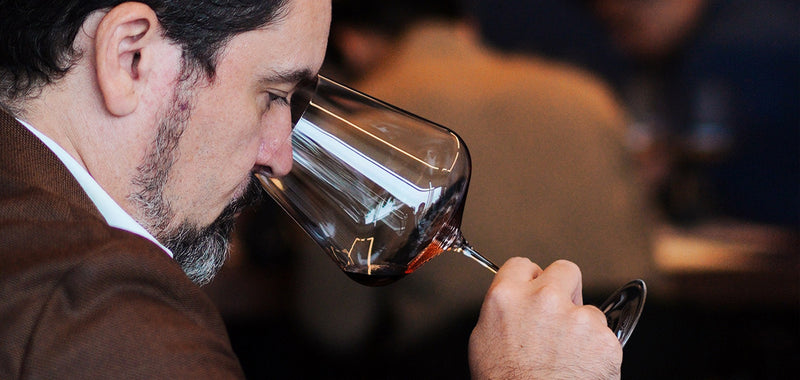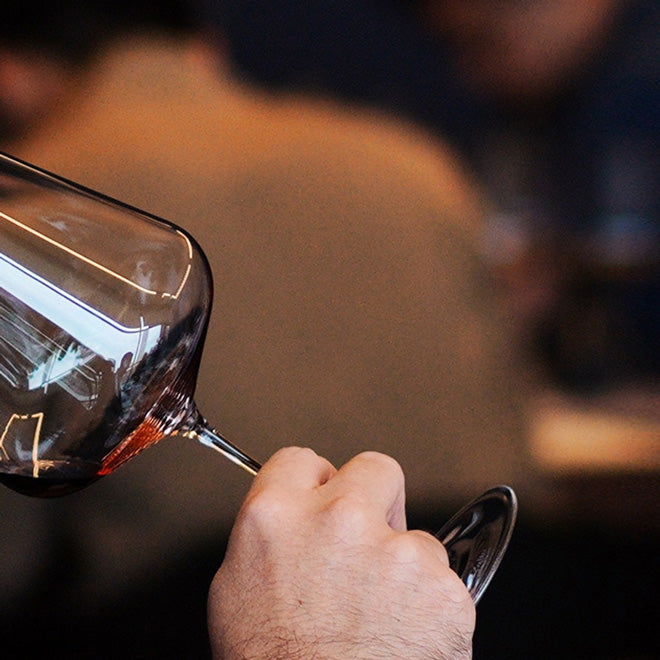
Who knew travelling in Japan for business would ignite a zealous passion for sake?
For Larry Peh, it spurred an idea that led to the creation of Normat, a homegrown sake label designed to seamlessly match the diverse palette of local and international dishes found in Singapore. The two-time winner of the prestigious President’s Design Award had a vision: marry time-honoured Japanese craftsmanship with a modern Singaporean twist through a sake that’s not just a drink but a conversation starter. However, breaking into the traditional sake industry proved to be a daunting task.
Despite cold emails to Japanese breweries that often found themselves in spam folders and language barriers amplifying the challenges, Peh’s persistence eventually paid off as he found himself in good company of a new generation of brewers willing to embrace his wild vision. Here is how this Singaporean-inspired Japanese sake came to fruition, as Tatler Dining spoke to Peh about his creative vision before the launch of Normat.

When did you first fall in love with Japanese sake?
“Around a decade ago when I worked with an ultra-high net worth client in Tokyo, he served me some of the best sakes in Japan. I didn’t notice the labels or where they came from, as I was more concerned about what was discussed during our meetings and meals. After nailing the presentation, we enjoyed a fair bit of sake to celebrate. The next day, I had zero headaches, and no hangover, and I could go about my day as if I’d not drunk the day before. I then realised that sake was a blessing for someone sensitive to wine like myself.”

Being non-Japanese and not of celebrity chef status, what were some of the most significant cultural and logistical challenges you faced when entering the traditional sake industry, and how did you overcome them?
“At first, I tried cold emailing the sake brands that I loved but ended up not getting a single reply. My attempts usually ended up in spam folders. Even when I managed to speak with direct links to some Japanese associations or bodies, the response was always perplexed, like why am I so persistent in trying to create my very own version of sake? My inability to speak their language did not help either. Once I had a chance to share about the type of sake I wanted to make, à la Normat, but it seemed like a bold assumption, that this sake I was describing already exists in their vast catalogue of sakes.
I had to narrow my search to breweries run by younger generations, whom I hoped were more open-minded. After years of going around circles, a friend finally connected me to some breweries interested in meeting. This was towards the tail-end of the pandemic, hence it was a challenging time where everyone was still grappling with the virus and its aftermath on businesses. Perhaps this helped a little, in that some folks, who would all turn me down flatly before, were curious to meet and hear about what I had in mind.”

How did you navigate the complexities of collaborating with Japanese breweries and rice farmers to create a sake that reflects traditional craftsmanship and contemporary design?
“Past business dealings and having many good Japanese friends taught me a thing or two about how to navigate Japan’s complex business environment. While we’re always taught to pitch our ideas strongly to others to win them over, this isn’t necessarily true in Japan—bringing up the commercial aspect is usually the last thing on the agenda. I was also fortunate enough to have a friend-turned-project-manager, Mikiharu Yabe, who believed in me. He travelled with me to help bridge the gap by assisting in translation without ever knowing if the idea would come true or even if he’d get paid.
To establish trust, I learnt to hear my Japanese counterparts out and see everything through their lens. And with trust and respect for each other, the sake Kubiki Shuzo Brewery and I made together reflects that very union of hearts and minds. I believe it leads to a highly complex sake, steeped in traditions yet simple for anyone to enjoy.”

How does Normat sake harmonise with a wide range of Asian cuisines?
“Instead of the notion of ‘perfect pairing’, we simply propose an alternative way to appreciate sake by seeking balance and harmony. We have created two sakes for this reason. After trying all kinds of sake from Bodaimoto and Yamahai to Nigori and Doburoku, I wanted a balanced profile that could be enjoyed on its own on any occasion. The Normat Against The Grain is a junmai daiginjo sake: made with 100 per cent Koshitanrei rice, it drinks elegant, simple and smooth yet highly complex and rich. The other version is a velvety tokubetsu junmai, boasting a unique blend of Gohyakumangoku and Tsukiakari rice, which is more savoury and acidic and complements heartier foods.
We want imbibers to decide for themselves which sake goes with which of their favourite dishes. Normat recently launched officially in the newly-minted The Coconut Club at New Bahru, where guests were pleasantly surprised with how versatile the sakes were when interacting with bold Asian flavours. To touch on technicals, sake has five (or more) times the amino acids than wine. This results in deeper flavour profiles which pair easily with complex dishes.”

In what ways has Normat addressed the common barriers in the sake industry to make sake more accessible to a global audience?
“Oftentimes, one might be judged by the type of drinks they bring to a dinner. I wanted to create a type of sake that would be attractive and easy to understand for new drinkers, yet also impress the experts. That’s why we stuck to the established naming convention for our sake descriptions such as junmai daiginjo for clarity. Yet, to push the envelope while remaining respectful to tradition, we concurrently named our sake with an unconventional label. One that is easy to understand and contains information that most would look out for such as alcohol volume, types of rice used and its polishing rate.”

What impact do you hope Normat will have on the global appreciation of sake?
“It boils down to our Singaporean outlook. We have a wealth of culture and cuisines, and we welcome the best of Asia and the world. Like how the Koreans invented the practice of drinking beer with fried chicken, I hope one day that everyone around the world will drink Normat regardless of where they are, who they are with, whatever foods they are enjoying, and whichever vessel they choose to enjoy it from. Making great sake is complicated, but enjoying it should be simple."
With thanks to Tatler Asia, written by Dawson Tan



.jpg?v=1730428338702)






